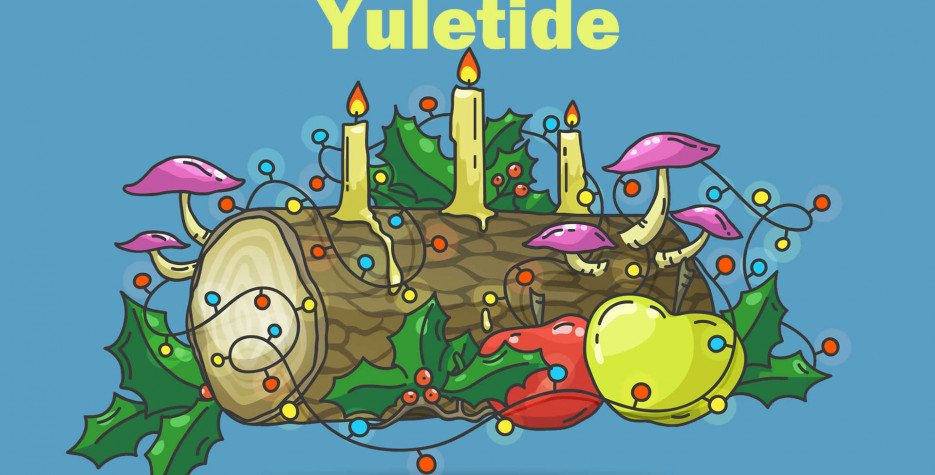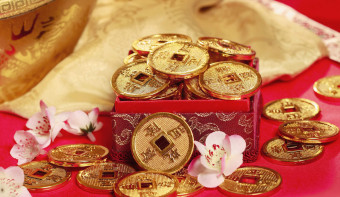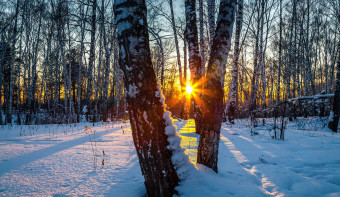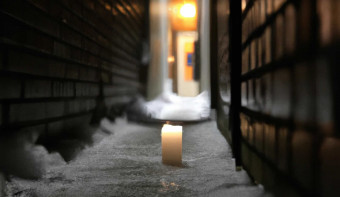About Yule
When is Yule?
Yule, also known as the festival of rebirth, begins on December 21st. This pagan celebration marks the point at which the days begin to lengthen again.
The History of Yule
Long before Christianity dominated much of the Western world, religion was much more varied and localized. Today, we call this Paganism, but to the ancient Greeks, Romans, and Germanic peoples, tales of nature spirits, pantheons of gods, and legendary heroes were the subjects of daily worship. Pagan religions often revered the natural world and paid tribute to it.
This eventually led to the all-important celebration of Yule, or Yuletide, the pagan celebration of the winter solstice.
Yule was an end-of-the-year celebration commemorating the previous year's events, honoring the gods with a festival of song, food, and drink — and sometimes sacrifice. It's thought that Yule is a celebration of a battle between the Oak King and the Holly King, with the Holly King winning.
Yule occurred during a sort of double month that combined December and January into a period known as Giuli, which was based around the winter solstice and the darkest part of the year.
The ancient Vikings and Goths likewise believed that the days leading up to Yuletide were ripe with magic. They thought that undead creatures known as draugr wandered the Earth and that Odin himself led a ghostly Wild Hunt across the sky. Hence, they made sacrifices to appease the gods.
Formerly, Yule was the festival for Vikings as a way to show appreciation to God Odin but now is celebrated by Wiccan.
Traditions of YuleThose who celebrate Yule, celebrate with common Christmas elements, like wreaths, trees (or Yule logs) and feasting.
Yule Logs are often burned to release the past and banish old or negative energy that you don’t want to follow you into the new year.
However, they can also be a sweet treat to finish a celebration. The dessert is a soft sponge cake, similar to a Swiss roll, that's decorated to look like a Yule log with chocolate frosting.
For Wiccans, Yule is a time to bring in new visions and ideas, make resolutions for the year ahead, and dream bold dreams.
Yule and Christmas
And although Christianity all but wiped out many of these pagan religions, a lot of their rituals had become engrained in society. Rather than outlawing these practices, the Catholic Church typically found ways to reincorporate local traditions into their new religion in a process known as "Christian interpretation." This is how the Christmas tree became popular. Some say the 12 days of Christmas commemorated in the popular carol originated in ancient Germanic Yule celebrations.
Many historians believe Jesus was born in the spring or autumn. The Church changed that date to December 25th, possibly so that it would align with Yuletide celebrations.
Similar Observances
Other Observances on December 21st 2026
Winter Solstice
Read More










